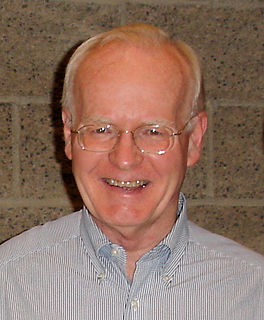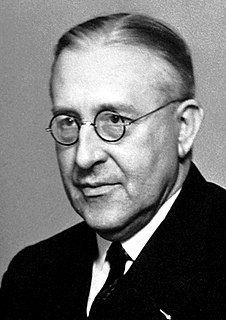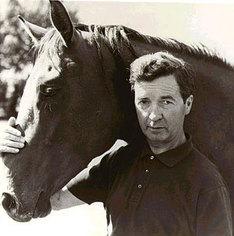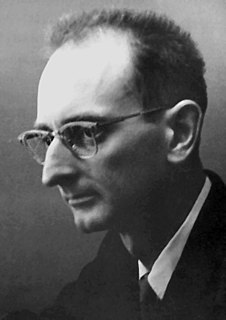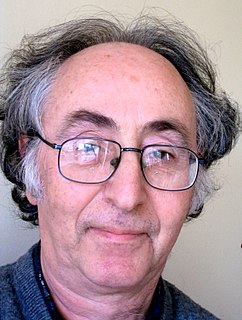A Quote by Werner Heisenberg
The violent reaction on the recent development of modern physics can only be understood when one realises that here the foundations of physics have started moving; and that this motion has caused the feeling that the ground would be cut from science.
Related Quotes
Twentieth-century developments in science support a new animism. Developments in physics have led to a world of energetic events which seem to be self-moving and to behave in unpredictable ways. And recent studies in biology seem to demonstrate that bacteria and macromolecules have elemental forms of perception, memory, choice, and self-motion.
I studied physics at Princeton when I was a college student, and my initial intention was to major in it but to also be a writer. What I discovered, because it was a very high-powered physics program with its own fusion reactor, was that to keep up with my fellow students in that program I would need to dedicate myself to math and physics all the time and let writing go. And I couldn't let writing go, so I let physics go and became a science fan and a storyteller.
Science may explain the world, but we still have to explain science. The laws which enable the universe to come into being spontaneously seem themselves to be the product of exceedingly ingenious design. If physics is the product of design, the universe must have a purpose, and the evidence of modern physics suggests strongly to me that the purpose includes us
I read a book called 'The Tao of Physics' by Fritjof Capra that pointed out the parallels between quantum physics and eastern mysticism. I started to feel there was more to reality than conventional science allowed for and some interesting ideas that it hadn't got round to investigating, such as altered states of consciousness.
It seems that every practitioner of physics has had to wonder at some point why mathematics and physics have come to be so closely entwined. Opinions vary on the answer. ..Bertrand Russell acknowledged..'Physics is mathematical not because we know so much about the physical world, but because we know so little.' ..Mathematics may be indispensable to physics, but it obviously does not constitute physics.


